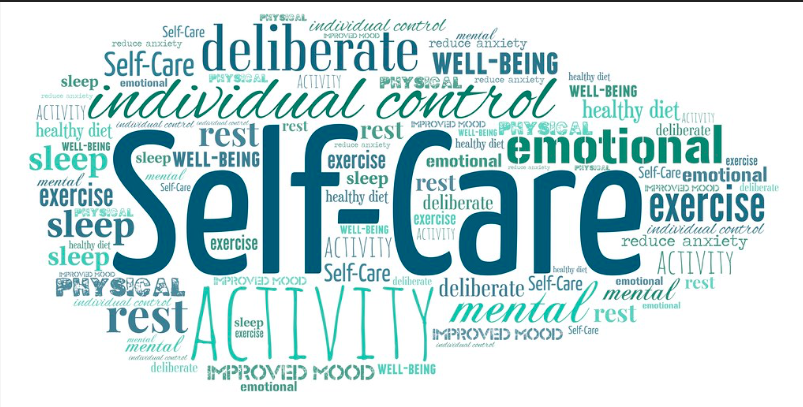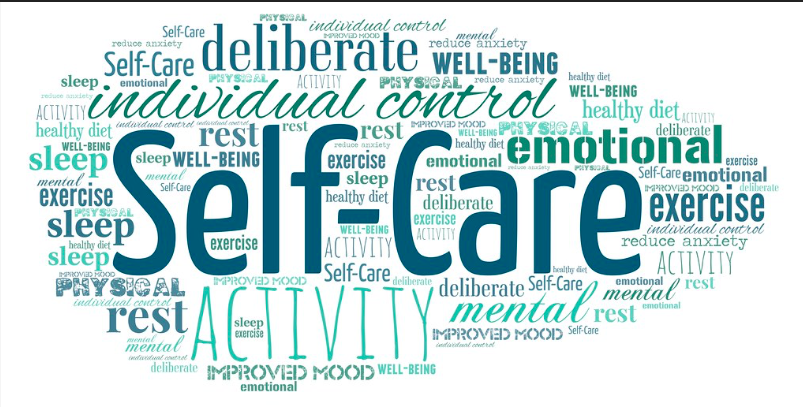Become more mindful and stress free with self care class at Sonoma State University.
It is no secret that stress levels are high this year as college students across the world begin, or continue, their education online due to the pandemic.
According to The American Institute of Stress, stress can cause significant effects on one’s body such as increased or decreased appetite, heartburn, stomach pain, increased frustration, and much more. It is advised that people who suffer from stress and anxiety look for tools to help manage these potentially detrimental side effects.
To help relieve some of that anxiety many students are feeling, on Sept. 29 Sonoma State University will be hosting Dr. Andrew Wallace, who will be providing a free “Mindfulness and Self-Care” class that is exclusively for Sonoma State student. The class will be on Tuesdays until Nov. 3, and will be held from 6-7:30 p.m. Classes will be taking place online.
“Mindfulness-based practices are empowering and promote well being. I have designed this course with student needs in mind,” said Wallace, a philosophy professor at Sonoma State and a certified compassion cultivation training teacher.
How does one practice mindfulness, exactly? Wallace explains that mindfulness practices “…are exercises that strengthen a person’s capacity for mindfulness,” and that undergoing such exercise can strengthen concentration, attention, emotional regulation, resiliency, kindness, and well being.
Students will be practicing meditation, along with other exercises, that can support them to reach their full potential of handling stress.
Even though being a college student alone can bring stress to one’s life, living through an isolated circumstance such as the pandemic brings a completely unique experience.
“Isolation causes distress,” said Wallace. “This class will help students focus, concentrate, and manage their stress better. Students will learn skills that will promote success in school and life. It will be a safe and inclusive space for everyone.”
Wallace assures the students that, “this class will not be a source of stress” and that it will not feel like another class that is adding more “busyness” to any students schedule.
The STAR also reached out to Sonoma State Professor Suzanne Maggio-Hucek, whose areas of expertise consist of social work, psychology, and sociology, for another perspective on the stress of college students during these unprecedented times.
“I think online education is sorely lacking when it comes to social connection. Despite the use of breakout rooms, live chats, and video cameras, there really isn’t a substitution for in-person connection,” said Maggio-Hucek. “I am hearing from my students that they are struggling emotionally. They’re feeling anxious, depressed, and even hopeless.”
Maggio-Hucek explained the significance of mindfulness and self – care and why it should be deemed so important in one’s life.
“Mindfulness allows us to tune in to the here and now. Rather than spin-off on things we can’t control, staying mindful allows us to take things one step at a time, in small bite-sized chunks that are easier to deal with.”
Glenn Brassington, a professor of psychology at Sonoma State University and the instructor in the Continuing Studies Program at Stanford University, also provided information on the possible stressors for college students and why mindfulness and self-care is important.
“This restricted engagement in pleasant activities likely is increasing the risk of students experiencing negative mood states such as sadness, fear, and anger,” said Brassington
Brassington also mentioned the uncertainty the future holds is also a result of stress for students. A weakening economy, the structure of employment, and the lack of job opportunities within industries such as travel or hospitality could be on the minds of many. These uncertainties can cause students to be fearful and, as a result, can potentially be stuck in a constant loop of worry.
“Mindfulness type practices help students engage in a process of mindful self-acceptance and commitment and in so doing students learn to manage stress more effectively and engage in more meaningful activities that lead to a richer and more successful life,” Brassington said.
Whether one has been battling with stress their entire life or is just beginning to experience more stress than usual due to the transition of online education, taking Wallace’s class will provide one with not only a safe place but tools to manage current and future stressors.
As a reminder to all students, Professor Suzanne Maggio-Hucek advises Seawolves to be gentle with themselves and that “…The best cure for the things that worry us is to expose them to the light. Don’t be afraid to reach out and ask for help.”





































